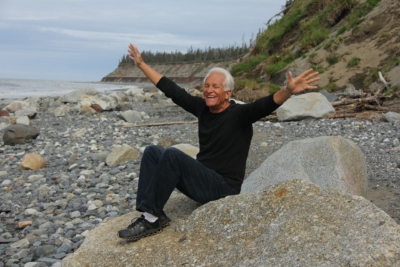
Most people with penises, commonly known as men, will have to monitor a growing or changing prostate gland during their lives. Some will hear that they have a diagnosis of Prostate Cancer. Treatment of this condition involves a complex series of decisions best made between yourself and your oncologist or urologist.
One of the treatment options available for Prostate Cancer is a Radical Prostatectomy Surgery where the Prostate Gland and surrounding tissues are removed. When this surgery is done the urological system, the system for filling and emptying the bladder, is changed. This often results in urinary incontinence, or leaking urine when you don’t want to.
I help provide information about the anatomy of the urinary system – how it functions normally and how it will function after removal of the Prostate Gland. I teach you to optimally contract and relax your pelvic floor muscles (the specific muscles that help all humans to control urine) and provide a strengthening program to optimize the function of this muscle group. These exercises are pelvic floor muscle exercises, specifically called Kegels, and may be in conjunction with exercises to address your unique Driver Profile.
The pelvic floor, responsible for so many functions integral to social acceptance, sexual identity, safety and cleanliness, is a fascinating muscle group that works within the whole of your body. As such, a pelvic floor exam in isolation is not enough to understand all the factors at play. Sometimes I may look at your pelvic floor in the context of your Whole Body, only after we have completed a Whole Body assessment and understand your unique Driver Profile. Then, when I assess the pelvic floor, I can determine the most efficient pathway for optimal performance of this area – perhaps with direct pelvic floor therapies (like Kegels) or perhaps with treatment of a different region of your body in dysfunction that is creating an atmosphere whereby your pelvic floor cannot function optimally. This can mean that a pelvic floor exam involving internal palpation will only occur after the Whole Body Assessment, usually on your second appointment.
I recommend booking an initial 60 minute appointment at Canopy Integrated Health Clinic in Lynn Valley, followed by 3 follow up appointments, either once or twice a week in the initial month of treatment. This way we have a period of time already established to get to know you and how you respond to treatment.
For an overview of physiotherapy for optimizing recovery after Prostate Cancer surgery check out the podcast episode #4, “Recovery From Prostate Surgery” with Sam Hughes, PT.
